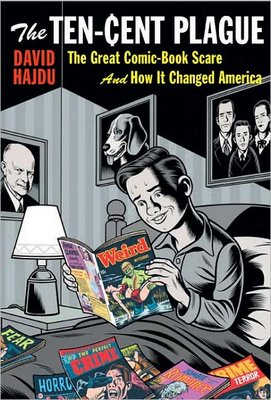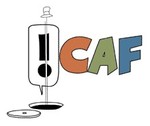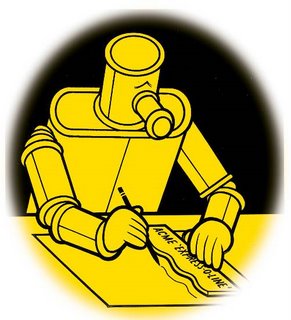Update Spotlight: David Hajdu's The Ten-Cent Plague
 For the life of me, I can't recall another recent book about comics which has received as many reviews as David Hajdu's new history The Ten-Cent Plague: The Great Comic-Book Scare and How It Changed America (Farrar, Straus and Giroux, 2008). It re-tells the story of the controversy surrounding comic books in America and how it grew into the 1950s, when - spurred on in part by Fredric Wertham's Seduction of the Innocent - Congressional hearings were held concerning the possible contribution of comic books to juvenile delinquency.
For the life of me, I can't recall another recent book about comics which has received as many reviews as David Hajdu's new history The Ten-Cent Plague: The Great Comic-Book Scare and How It Changed America (Farrar, Straus and Giroux, 2008). It re-tells the story of the controversy surrounding comic books in America and how it grew into the 1950s, when - spurred on in part by Fredric Wertham's Seduction of the Innocent - Congressional hearings were held concerning the possible contribution of comic books to juvenile delinquency. The story it tells is well-known (if not always well-understood) by most comics scholars and aficionados of American comic books. However, it seems that the general public - or at least most book reviewers - don't remember much about it at all, if the content of many of the book's reviews is any indication.
Given the book's high media profile, we've decided to collect links to all of the reviews we can find, as soon as they appear. You can find the results at our bibliography page for The Ten-Cent Plague.
We'll post our own review shortly. But in the meantime, if you run across any reviews of the book, either in print or online, that we haven't listed, please let us know and we'll add them. Thanks!
P.S.: We're aided in large part here by the comics research bibliography's Mike Rhode, who also runs the blog ComicsDC (it's about comics in the Washington, DC area, not the comic book publisher of a similar name. And Tom Spurgeon of the Comics Reporter blog has let folks know about our project, too. Thanks, guys!
Labels: censorship, Hajdu, updates, Wertham




